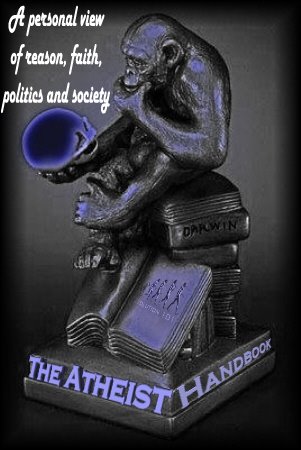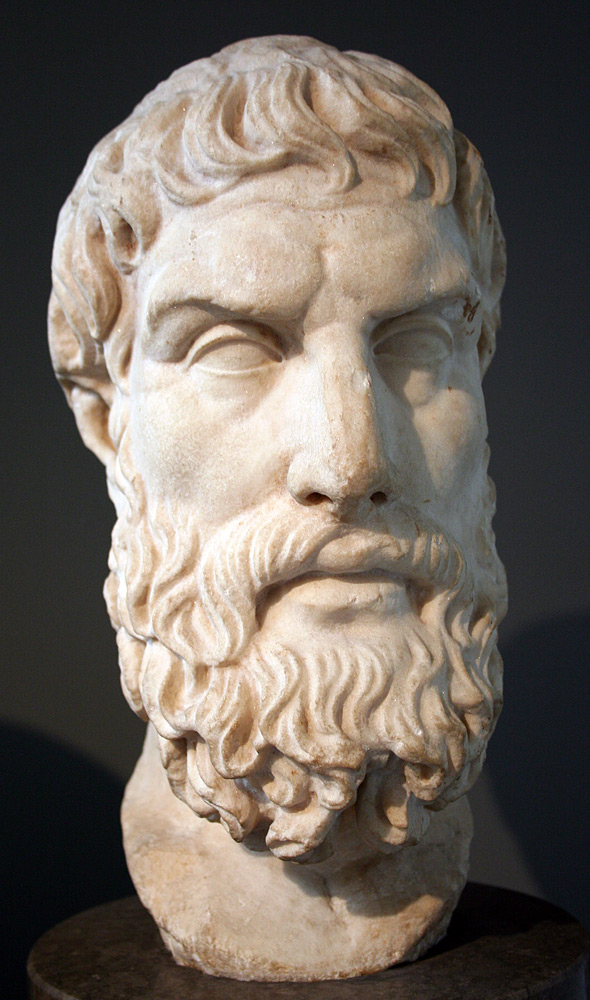
Two mighty powers (Lilliput and Blefuscu) have, as I was going to tell you, been engaged in a most obstinate war for six-and-thirty moons past. It began upon the following occasion. It is allowed on all hands, that the primitive way of breaking eggs, before we eat them, was upon the larger end; but his present majesty's grandfather, while he was a boy, going to eat an egg, and breaking it according to the ancient practice, happened to cut one of his fingers.
Whereupon the emperor his father published an edict, commanding all his subjects, upon great penalties, to break the smaller end of their eggs. The people so highly resented this law, that our histories tell us, there have been six rebellions raised on that account; wherein one emperor lost his life, and another his crown. These civil commotions were constantly fomented by the monarchs of Blefuscu; and when they were quelled, the exiles always fled for refuge to that empire.
It is computed that eleven thousand persons have at several times suffered death, rather than submit to break their eggs at the smaller end. Many hundred large volumes have been published upon this controversy: but the books of the Big-endians have been long forbidden, and the whole party rendered incapable by law of holding employments. During the course of these troubles, the emperors of Blefusca did frequently expostulate by their ambassadors, accusing us of making a schism in religion, by offending against a fundamental doctrine of our great prophet Lustrog, in the fifty-fourth chapter of the Blundecral (which is their Alcoran). This, however, is thought to be a mere strain upon the text; for the words are these: 'that all true believers break their eggs at the convenient end.
-Gulliver's Travels.
Jonathan Swift must be giggling in his grave. He saw it all coming.
Last week the Congregation of the Doctrine and the Faith, the outfit Pope Benedict used to run when he was still Cardinal Ratzinger, issued a statement saying non-Catholic churches "cannot be called 'churches' in the proper sense."
The reason? The Catholic Church claims direct succession from Jesus' apostles to the pope, and so is the one true church. Non-Catholic churches do not accept the supreme authority of the pope and so are "wounded" and do not possess the path to salvation.
Not surprisingly, the statement by the Congregation - better known by its infamous former title, the Holy Office of the Inquisition (although long since robbed of it's thumbscrews and racks) - has gone over with other Christians like a lead balloon.
Benedict's predecessor, John Paul II, spent a substantial chunk of his career healing old sectarian wounds with other faiths, Christian and non-Christian alike. I don't think it is too much to say that his ability to make peace with other religions without sacrificing the identity of his church won him the admiration of people around the world, be they believers or not.
It does seem as though Benedict was looking for the opposite reaction.
"Offensive statements," is how Lutheran Bishop Wolfgang Huber described the Vatican missive, which repeated Benedict's position on the matter documented in 2000. "The hope for a change in the ecumenical situation has been pushed further away by the document published today."
It would be one thing to say a Catholic is defined by such and such a belief, or that the church itself claims an authenticity based on its history. It is quite another to tell all non-Catholic Christians their churches are not real churches, and so therefore they are not real Christians.
Swift might call it "big-endism."
Why the Pope felt it necessary to fan the flames of sectarian division isn't clear. One almost gets the impression he takes the Reformation so personally, it's as if Martin Luther had nailed his 95 theses right to Benedict's forehead.
Along with his recent restoration of the old school Latin Mass, his scolding of scientists who, he said, MUST leave room in their theories for God, it does seem rather like the pope is pining for the good old days of the middle ages. You know, when the church could lock you up for very serious offenses like, oh, saying the earth went around the sun. It is only half in jest when I say it sometimes appears to me that this pope fells as though the Vatican has a couple of centuries of burnings to catch up on.
The point isn't that the pope doesn't have a right to define his church and his faith. Of course he does. But effectively casting all other Christians as inferior isn't helpful. And really, if he thinks non-Catholics Christians are just wounded, what on earth does he think about non Christians? Or atheists?
In today's world, that kind of sectarian clap trap might even be dangerous.One only need look around the world at religiously motivated conflicts to see just how far sectarian absolutism can go.
In Iraq, "the armies of god," as author Christopher Hitchens describes them, are killing each other by the truckload over doctrinal disagreements.(The dispute between Shiite and Sunni Muslims begins with a disagreement over who had the right to succeed the Prophet Muhammad after his death.)
In Afghanistan, the Canadian military is fighting against the Taliban - a Muslim fundamentalist organization that regards those who don't interpret the Qur'an as they do as vermin to be exterminated.
Mind you, this is not to say Benedict's decree about the inferiority of non-Catholics will set Christians at each other's throats. Most thinking believers won't, I trust, lower their regard of their neighbours because of it.
But there are always a few who will take it to heart. For them, this creates a justification, unintended perhaps, for the vilification and demonization of those of other beliefs.
Which is the whole problem. The moment you believe that you are superior because you know which end of the egg to crack, it becomes easier to do harm to those who have the temerity to crack the other end.
Which is why, personally, I don't eat eggs.
















No comments:
Post a Comment